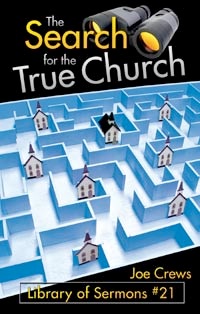I was listening to a Rational Faiths podcast about spiritual watering holes, and one guest said she relates the last two lines of a poem by Emily Dickinson (full quote at end):
narcotics cannot still the tooth
that nibbles at the soul –
Once something is learned, it cannot be unlearned. Like grooves on a record, information is permanent. More information can be added to correct, to clarify, or to add information, but the original information will always be there. In the Faith Crisis Era, it seems like certain bits of Mormon history that get grooved into our records have a lot of sway over all the previous grooves. Whatever the issue, those experiencing a faith crisis feel that nibbling in their soul by the tooth of new information.
When reaching out to their TBM friends, the only help given in to “read scriptures, pray, fast, attend the temple.” As it is often the case, those experiencing a faith crisis are already doing those to an extent. This information is not new. However, Emily Dickinson exposes the reason WHY those activities have lost their efficacy: narcotics can’t silence the itch of the soul.
“Religion is the opium of the masses [or people, depending on your German]” said Karl Marx. Could it be that the daily to-do list is our daily dose of opium? But if so, how could a faith crisis make us immune to the effects of our daily opium intake? Does the new information learned during a faith crisis make one immune to it or do we inhibit our ability to feel the effects because of one’s loss of faith?
Whatever the reason, I feel that nibbling, and/but the opium isn’t cutting it anymore.
This World Is Not Conclusion
this world is not conclusion
a species stands beyond –
invisible, as music –
but positive as sound –it beckons, and it baffles
philosophy – don’t know –
and through a riddle, at the last –
sagacity must go –to guess it, puzzles scholars –
to gain it, men have borne
contempt of generations
and crucifixion, shown –faith slips – and laughs, and rallies –
blushes, if any see –
plucks at a twig of evidence –
and asks a vane, the way –much gesture, from the pulpit –
strong hallelujahs roll –
narcotics cannot still the tooth
that nibbles at the soul –








